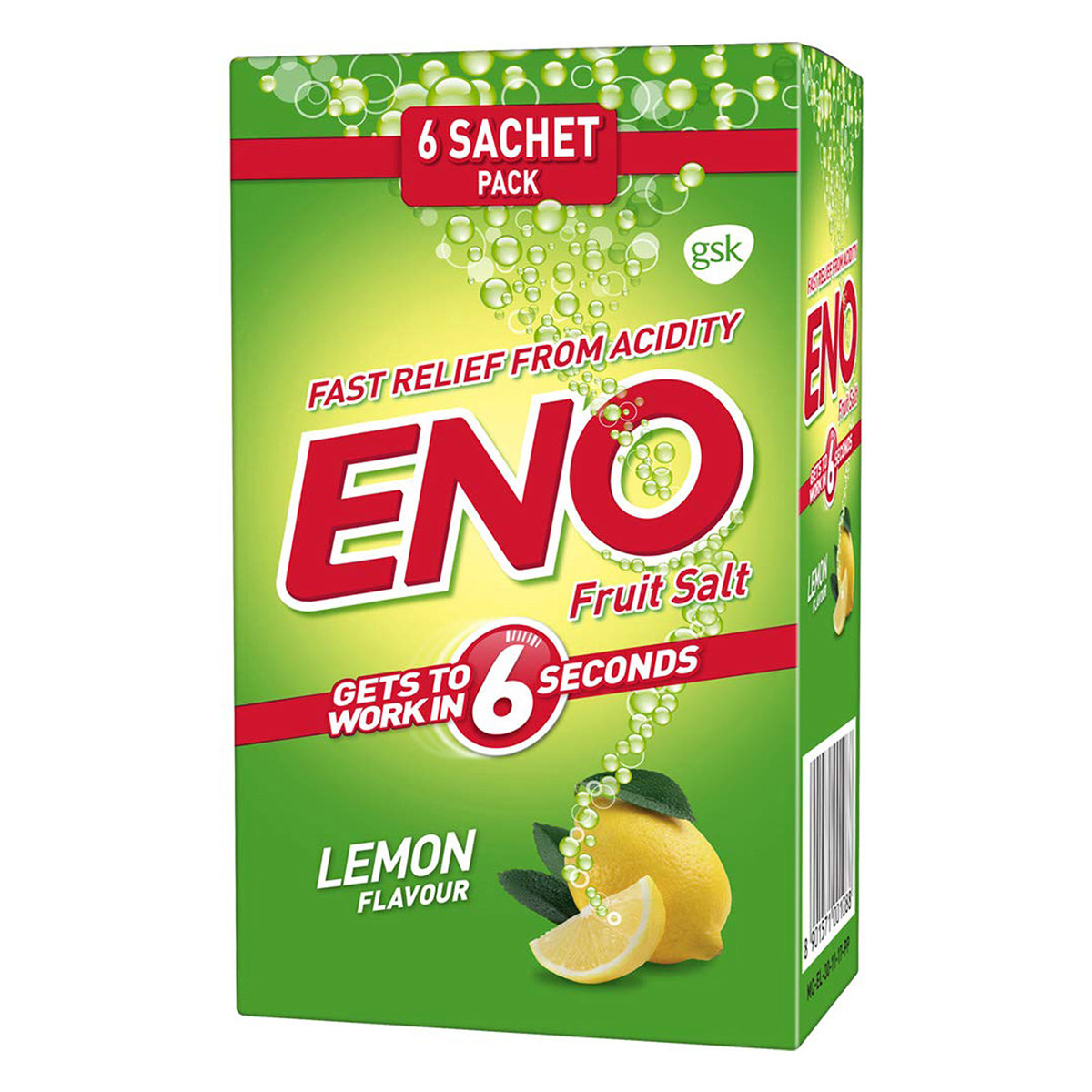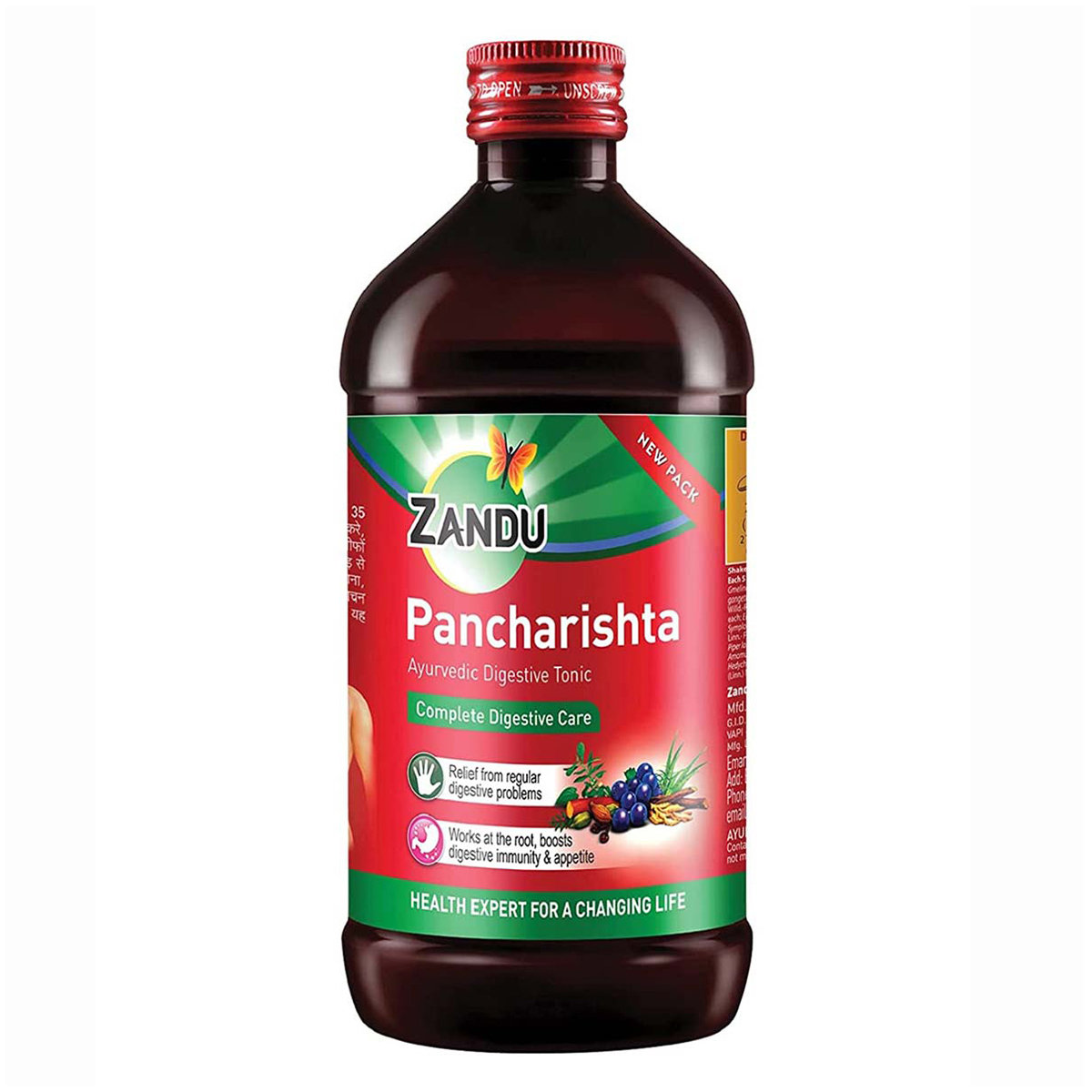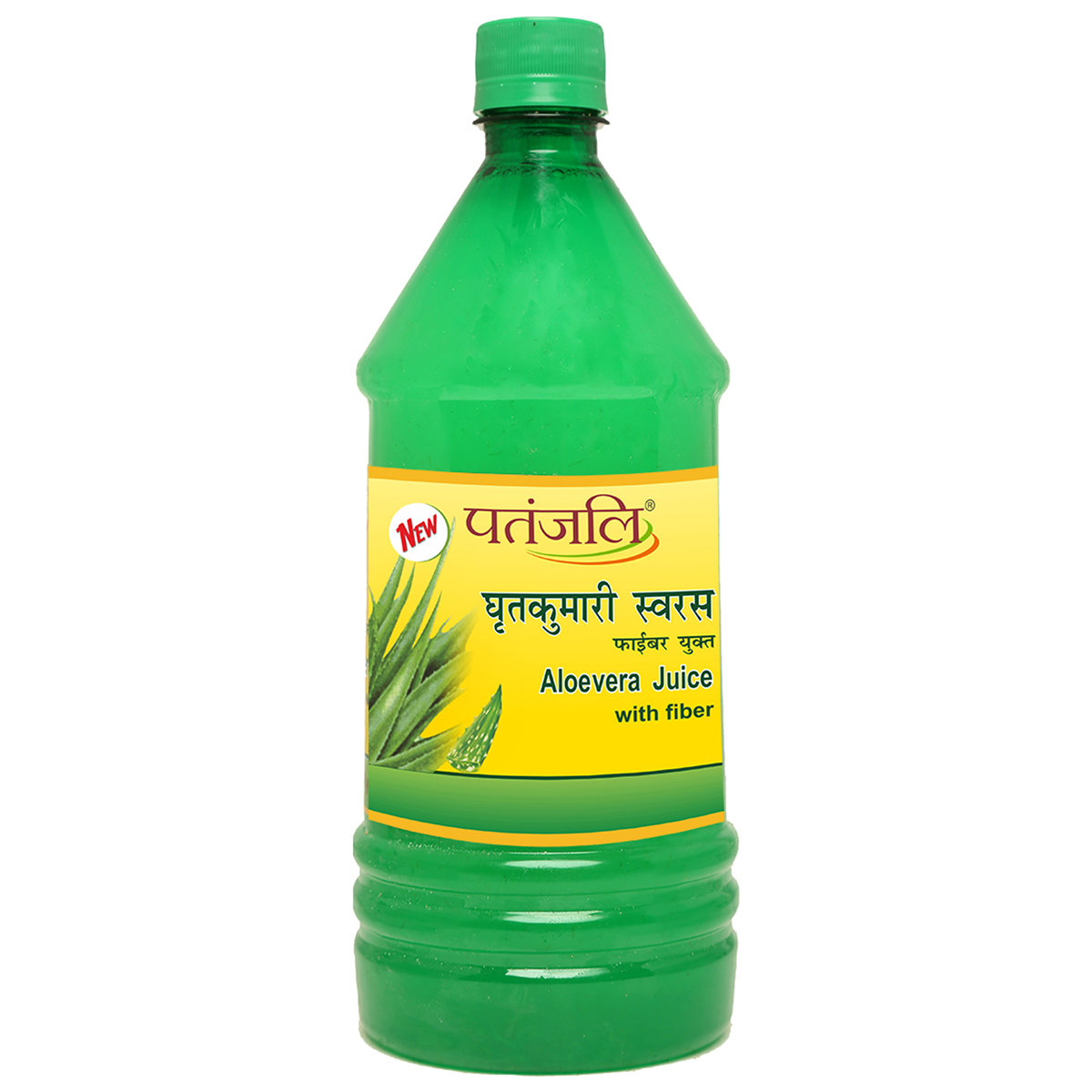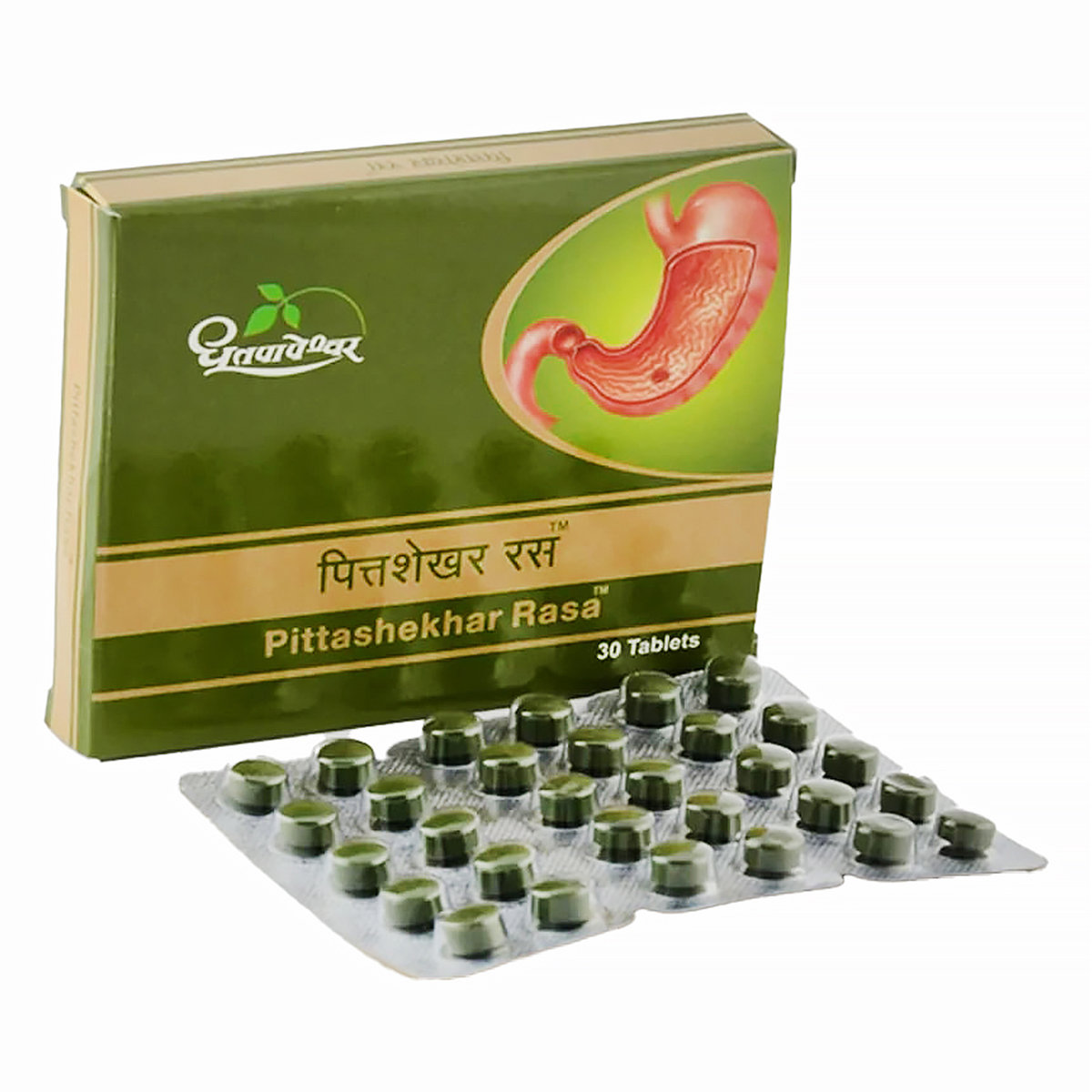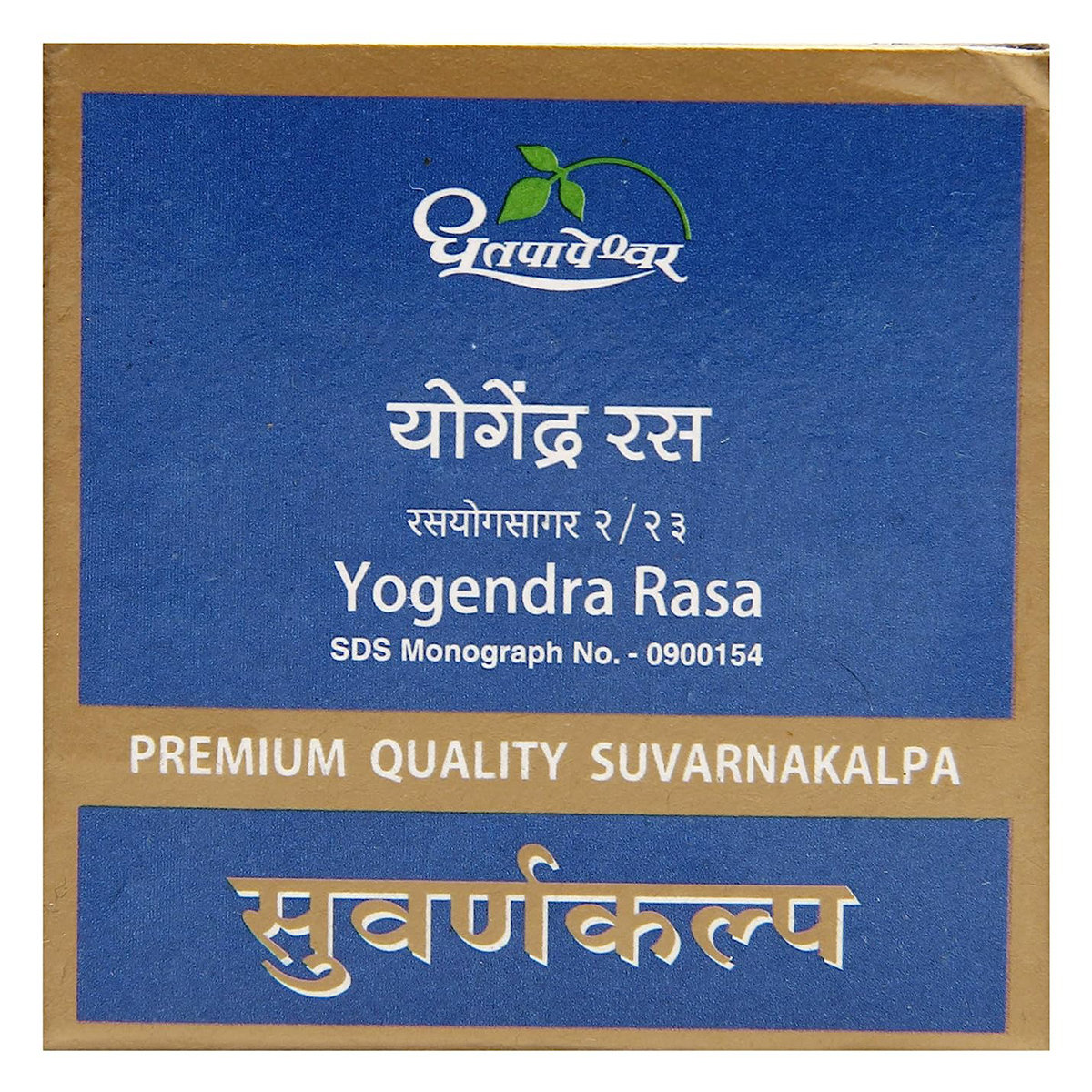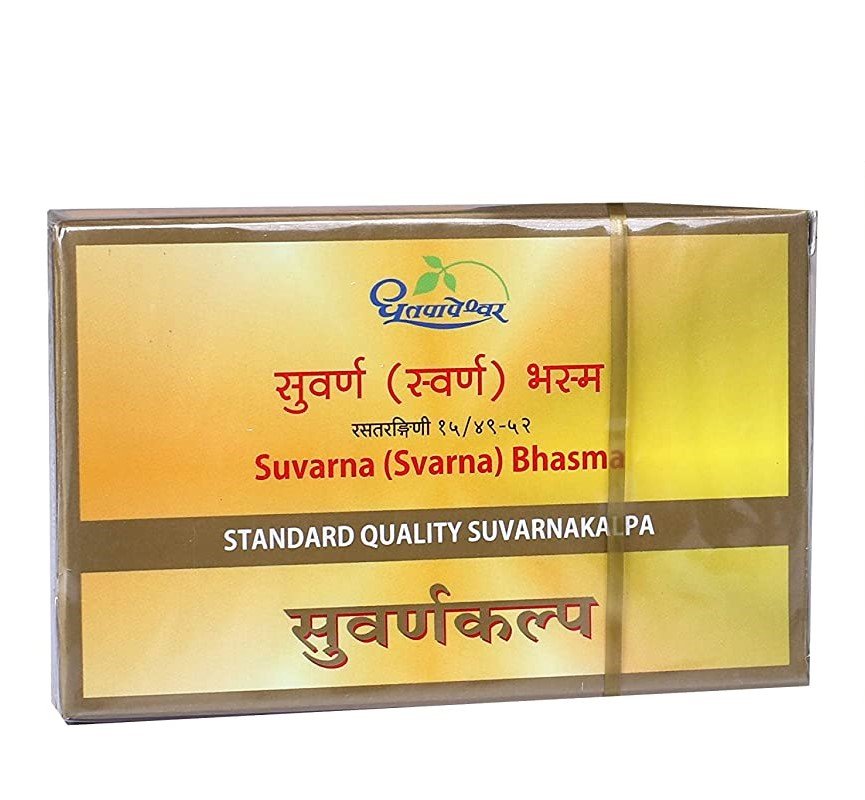BLOCKCID L TABLET
MRP ₹143
(Inclusive of all Taxes)
₹21.4 Cashback (15%)
Provide Delivery Location

secured payment

india's most trusted pharmacy

genuine products
Composition :
Manufacturer/Marketer :
Consume Type :
Expires on or after :
Return Policy :
About BLOCKCID L TABLET
BLOCKCID L TABLET belongs to a group of medicines called gastrointestinal agents used to treat gastro-oesophageal reflux disease (GERD), acidity, indigestion, heartburn and peptic ulcers. Gastroesophageal reflux disease occurs when stomach acid frequently flows back into the food pipe (esophagus), this causes acidity and heartburn. Peptic ulcers are sores that develop on the inner lining of the intestine and stomach.
BLOCKCID L TABLET is a combination of two drugs, namely: Ilaprazole (proton pump inhibitor) and Levosulpiride (prokinetic agent). Ilaprazole works by blocking the action of an enzyme called gastric proton pump, which is responsible for the production of acid. Levosulpiride works by increasing the release of a chemical messenger (acetylcholine), which increases the movement of the intestines and stomach, preventing the acid from going towards the food pipe. Both medicines in combination provide relief in acid-related problems.
Take BLOCKCID L TABLET as suggested by your doctor. You are advised to take BLOCKCID L TABLET for as long as your doctor has prescribed it for you depending on your medical condition. In some cases, you may experience certain common side-effects such as headache, nausea, vomiting, gas, dry mouth, dizziness and diarrhea. Most of these side-effects do not require medical attention and will resolve gradually over time. However, you are advised to talk to your doctor if you experience these side-effects persistently.
Inform your doctor before taking BLOCKCID L TABLET if you have a history of gastrointestinal bleeding or intestinal obstruction. On long term treatment, BLOCKCID L TABLET may cause osteoporosis and hypomagnesemia (low magnesium levels). Do not take BLOCKCID L TABLET if you are pregnant or breastfeeding unless prescribed by the doctor. BLOCKCID L TABLET may cause drowsiness and dizziness, so drive only if you are alert. BLOCKCID L TABLET should not be given to children as safety has not been established. Avoid consuming alcohol along with BLOCKCID L TABLET as it could lead to increased drowsiness and can elevate the production of stomach acid.
Uses of BLOCKCID L TABLET

Have a query?
Directions for Use
Key Benefits
BLOCKCID L TABLET is prescribed for the short-term treatment of gastro-oesophageal reflux disease (GERD), acidity, indigestion, heartburn and peptic ulcers in individuals who do not respond well to proton-pump inhibitors (PPIs) alone. This medicine reduces the acid production in the stomach and provides relief in pain associated with acidity and heartburn. However, an individual can increase the effectiveness of the medicine by adopting a healthy lifestyle.
Storage
Drug Warnings
Do not take BLOCKCID L TABLET if you are allergic to any of its contents. Inform your doctor before taking BLOCKCID L TABLET if you have a history of pheochromocytoma (tumor of the adrenal gland), epilepsy, mania, gastrointestinal bleeding, intestinal obstruction or severe kidney and liver impairment. BLOCKCID L TABLET may cause osteoporosis (weak and brittle bones) and hypomagnesemia (low magnesium levels) on long term treatment. BLOCKCID L TABLET causes dizziness and drowsiness, so drive only if you are alert.
Diet & Lifestyle Advise
- Eat smaller meals more often.
- Avoid tight-fitting clothes.
- Avoid lying down after eating.
- Maintain a healthy weight by regular exercising.
- Practice relaxation techniques and avoid stress by doing yoga or meditation.
- Avoid foods such as high-fat food, spicy food, chocolates, citrus fruits, pineapple, tomato, onion, garlic, tea and soda.
- Avoid sitting continuously as it may trigger acidity. Take a break of 5minutes break every hour by doing brisk walking or stretching.
- Avoid smoking and alcohol consumption. Alcohol intake leads to increased production of stomach acid, thereby increases acidity and heartburn.
Habit Forming
Therapeutic Class
Alcohol
Safe if prescribed
Avoid consumption of alcohol while taking BLOCKCID L TABLET. Alcohol intake leads to increased production of stomach acid, thereby increases acidity and heartburn.
Pregnancy
Consult your doctor
Consult your doctor before taking BLOCKCID L TABLET if you are pregnant; your doctor will prescribe only if the benefits outweigh the risks.
Breast Feeding
Consult your doctor
BLOCKCID L TABLET may pass into breast milk. Consult your doctor before taking BLOCKCID L TABLET, your doctor will decide whether BLOCKCID L TABLET can be taken by breastfeeding mothers or not.
Driving
Safe if prescribed
BLOCKCID L TABLET causes dizziness and drowsiness. Do not drive or operate machinery unless you are alert.
Liver
Consult your doctor
Dose adjustment may be needed. Consult your doctor before taking BLOCKCID L TABLET if you have a liver impairment or any concerns regarding this.
Kidney
Consult your doctor
Dose adjustment may be needed. Consult your doctor before taking BLOCKCID L TABLET if you have kidney impairment or any concerns regarding this.
Children
Safe if prescribed
BLOCKCID L TABLET should not be given to children as the safety and effectiveness were not established.
FAQs
BLOCKCID L TABLET is a combination of two drugs, namely: Ilaprazole (proton pump inhibitor) and Levosulpiride (prokinetic agent). Ilaprazole works by blocking the action of an enzyme called gastric proton pump, which is responsible for the production of acid. Levosulpiride works by increasing the release of a chemical messenger (acetylcholine), which increases the movement of the intestines and stomach, preventing the acid from going towards the food pipe. Both medicines in combination provide relief in acid-related problems.
Diarrhea might be a side-effect of BLOCKCID L TABLET. Drink enough fluids and eat fiber-rich food if you experience diarrhea. If you find blood in stools (tarry stools) or if you experience excess diarrhea consult your doctor. Do not take anti-diarrheal medicine on your own.
Avoid lying down immediately after meals to prevent acid reflux. Raise the head of the bed 10-20cm by putting a pillow so that the head and chest are above the waist. This helps in preventing acid reflux.
BLOCKCID L TABLET contains Ilaprazole which might increase the risk of osteoporosis (weak and brittle bones). This mainly occurs in people taking higher doses of BLOCKCID L TABLET for longer durations. Your doctor may prescribe calcium and vitamin D supplements if you are at risk of osteoporosis.
Do not take BLOCKCID L TABLET for longer durations unless prescribed by the doctor. Talk to your doctor if you do not find symptomatic relief. The doctor may monitor your condition regularly if you are on long term treatment with BLOCKCID L TABLET.
Dry mouth could be a side-effect of BLOCKCID L TABLET. Limiting caffeine intake, avoiding smoking and mouthwashes containing alcohol, drinking water regularly and chewing sugar-free gum/candy might help in stimulating saliva and thereby prevents drying of the mouth.
Country of origin
Manufacturer/Marketer address




